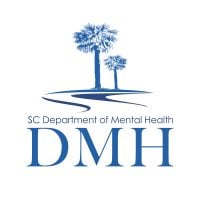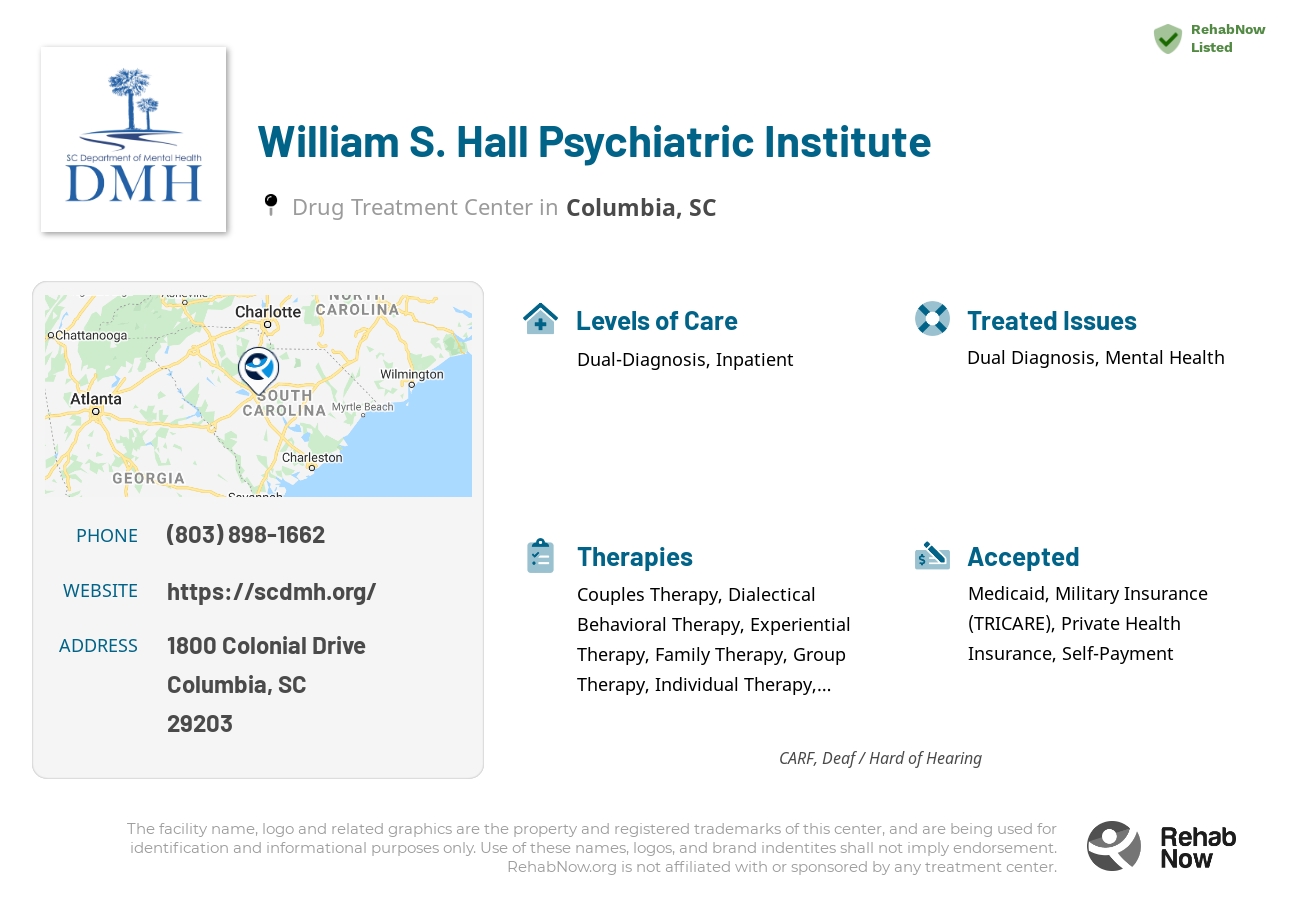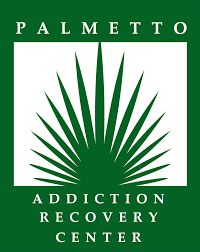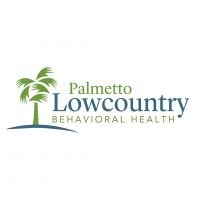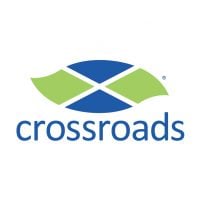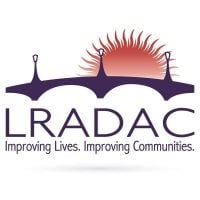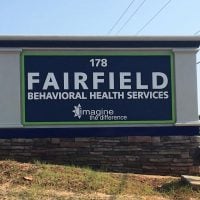William S. Hall Psychiatric Institute
Drug Rehab Center in Columbia, South Carolina
William S. Hall Psychiatric Institute in South Carolina is an accredited addiction treatment facility offering dual-diagnosis, inpatient care, assessment and crisis stabilization, and various services to help individuals and families struggling with addiction achieve sobriety.
About William S. Hall Psychiatric Institute in South Carolina
William S. Hall Psychiatric Institute in Columbia, South Carolina is a reputable treatment facility that specializes in addressing Dual Diagnosis, Mental Health, Drug Addiction, Substance Abuse, and Alcoholism. They offer a range of levels of care including Dual-Diagnosis, Inpatient, and Outpatient treatment options. With their focus on supporting individuals suffering from multiple issues simultaneously, William S. Hall Psychiatric Institute provides a comprehensive approach to sobriety and recovery. They are affiliated with the South Carolina Department of Mental Health and accept Private Health Insurance, making their services accessible to a diverse range of individuals seeking help.
William S. Hall Psychiatric Institute offers a variety of services and treatment methods for addiction and substance abuse. They understand the challenges faced by individuals with Dual Diagnosis, Mental Health issues, and alcohol or drug dependencies. The facility provides personalized treatment plans that cater to the unique needs of each individual. Through counseling sessions, group therapy, and educational programs, they aim to address the root causes of addiction and provide individuals with the necessary tools for long-term recovery. With their Inpatient and Outpatient programs, William S. Hall Psychiatric Institute is committed to helping individuals regain control of their lives and achieve sobriety.
Genders
Ages
Modality
Additional
Conditions and Issues Treated
Dual Diagnosis is a specific relationship between two or more disorders that have the same symptoms and can sometimes be treated together. This is used in the treatment planning process when dealing with drug addicts. Dual diagnosis can be viewed as a chronic medical condition that has comorbid psychiatric disorders.
Although addiction and a mental illness may have separate symptoms that are not easy to detect, they often go hand in hand. Many times, drug abuse is a direct result of the mental illness. In other words, treating the addiction will not resolve all of your issues. Unless you also treat the underlying mental illness, you will not be successful in achieving sobriety.
Levels of Care Offered
This center offers a variety of custom treatment tailored to individual recovery. Currently available are Dual-Diagnosis, Inpatient, with additional therapies available as listed below.
Inpatient treatment is an intensive program that takes place when a patient checks into a rehabilitation facility. The treatment includes detoxification and counseling sessions, which are round the clock. Outpatient treatments are also available, but inpatient care is advised as the first step of rehabilitation.
Intensive rehab ensures the patient stays in a substance-free atmosphere, improving treatment success rates. The patient participates in group therapy for motivation from other patients who have overcome addiction. Family members are also involved in providing emotional support throughout the program.
Therapies & Programs
Individual Therapy is a critical component of addiction recovery. Therapists work with patients to identify the root of their addiction and figure out how to better handle the issues that led to them using drugs. Individual Therapy is the one-on-one session where people meet with their therapist. Individual therapy provides a safe space for people to open up and discuss personal and sensitive topics which they may not feel comfortable discussing in a group setting.
Couples therapy at William S. Hall Psychiatric Institute focuses on addiction treatment for the addict and their spouse. The addict’s family, not just the addict, can benefit from this form of therapy. Couples therapy addresses communication problems, trust issues, lack of intimacy, and abuse in intimate relationships. Couples therapy can help rebuild trust between partners, which increases the chances for successful treatment and sustained recovery.
Intimate relationships can be damaged during addiction, and professional help may be necessary to rebuild the often destroyed trust and love. Couples therapy at William S. Hall Psychiatric Institute helps couples improve communication and rebuild trust. Either or both partners will be helped by this treatment administered by professionals. This treatment can also help one or both partners if addiction is the problem.
Family therapy will also help families realize that the addiction is not their fault. For many years, people blamed themselves for an addict’s behavior and felt that they had done something wrong. This is not the case. Addiction is a disease, and it can strike anyone, even if their life seems fine from the outside. It can bring a lot of shame to a family when they have an addict in their midst, but if everyone is open and honest with each other, then they can help everyone stay in recovery.
Group Therapy is utilized by drug treatment centers like William S. Hall Psychiatric Institute to provide the recovering drug addict with a platform to talk about their feelings and experiences. It also provides for an opportunity to learn from other addicts who have successfully overcome their addiction.
Group Therapy is employed in lectures, seminars, or discussion groups (the latter two are typically conducted as “therapy groups”). It is recommended that all group members be recovering addicts for this type of therapy to work (though it does not exclude others with lived experience).
Trauma therapy is a clinical process that helps individuals deal with mental stress often caused by traumatic events. It is generally done for children, teenage victims of sexual assault, and war veterans. The therapist helps the person identify, understand and work through the problem. This is done with the help of talking about it in group or one-on-one counseling sessions. Therapists use relaxation, role-playing, art, and music to help the person open up about what is bothering them.
Dialectical Behavior Therapy (DBT) is used by drug treatment centers across the United States to help drug addicts become sober. DBT combines traditional behavioral treatments with elements from DBT, including dialectics, distress tolerance, and interlocking issues. It is commonly used to treat Borderline Personality Disorder (BPD) along with substance abuse disorders. The four DBT modules are mindfulness, interpersonal effectiveness, emotion regulation, and distress tolerance.
Cognitive behavioral therapy is also a popular service for individuals living with addiction. This type of supportive treatment uses both one-on-one counseling and group sessions to teach addicts how to identify thoughts, behaviors and emotions that might increase their risk of relapse.
These professionals can help addicts develop coping skills for managing stress, improving self-esteem and overcoming triggers. They might also use behavioral therapy to help addicts learn how to avoid cravings and warning signs that could lead them back into addiction.
Therapy can be used as a step-down from inpatient treatment or as the primary method of overcoming an addiction. No matter which option is best for the addict, they will teach important emotional coping techniques, which can make it easier for addicts to get through the tough days.
Patient Experience
Experiential Therapy at William S. Hall Psychiatric Institute
Experiential therapy is another form of treatment that helps addicts overcome their addiction. This type of service typically involves hands-on activities with the focus on physical experiences instead of emotions or beliefs.
Some examples include art therapy, equine therapy and music therapy. Each of these forms of experiential therapy can provide unique ways for addicts to channel their feelings and work through their demons. This type of therapy also allows addicts to develop meaningful emotional connections with others, which can prevent them from resorting to relapse as a coping mechanism.
Payment Options Accepted
For specific insurance or payment methods please contact us.
Is your insurance accepted?
Ask an expert, call (888) 674-0062
South Carolina Department of Mental Health Associated Centers
Discover treatment facilities under the same provider.
- Catawba Community Mental Health Center - Lancaster in Lancaster, SC
- Orangeburg County Mental Health in Holly Hill, SC
- Waccamaw Center for Mental Health - Kingstree in Kingstree, SC
- Catawba Community Mental Health Center - Family in Rock Hill, SC
- Santee - Wateree Mental Health Center in Sumter, SC
Learn More About South Carolina Department of Mental Health Centers
Additional Details
Specifics, location, and helpful extra information.
Columbia, South Carolina 29203 Phone Number(803) 898-1662 Meta DetailsUpdated November 25, 2023
Staff Verified
William S. Hall Psychiatric Institute Patient Reviews
There are no reviews yet. Be the first one to write one.
Columbia, South Carolina Addiction Information
More than 610,000 of South Carolina residents, or a staggering 11.9% of the state population, uses illicit drugs and another 230,000 residents abuse alcohol every year. A majority of the illegal drugs used and abused are opioids. Marijuana use and underage drinking occur amongst the young residents of this state–though at a lower rate compared to the national average.
In Columbia, South Carolina, drug addiction is a major issue. An estimated 9.4 percent of people in Columbia abuse drugs. Additionally, Columbia has a higher rate of overdose deaths than the national average. The most commonly abused drugs are cocaine, methamphetamine, heroin, and prescription opioids. There are a variety of drug rehab centers in Columbia, South Carolina. The most common types of treatment are inpatient and outpatient.
Treatment in Nearby Cities
- Marion, SC (94.0 mi.)
- Abbeville, SC (78.0 mi.)
- Barnwell, SC (56.9 mi.)
- Rock Hill, SC (62.6 mi.)
- Ruby, SC (69.7 mi.)
Centers near William S. Hall Psychiatric Institute
The facility name, logo and brand are the property and registered trademarks of William S. Hall Psychiatric Institute, and are being used for identification and informational purposes only. Use of these names, logos and brands shall not imply endorsement. RehabNow.org is not affiliated with or sponsored by William S. Hall Psychiatric Institute.
